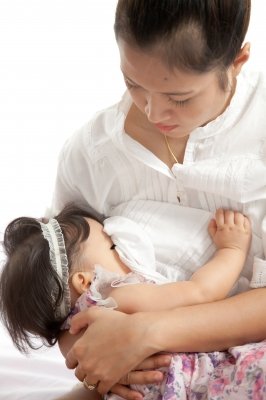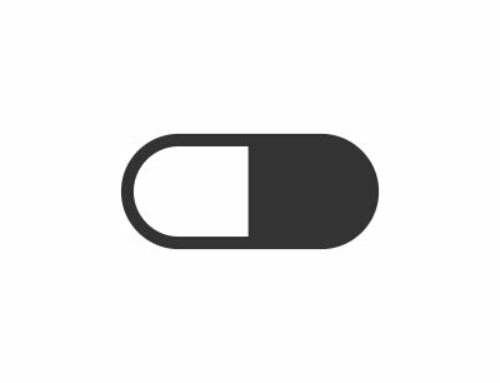
Image courtesy: jomphong at FreeDigitalPhotos.net
Are antidepressants safe to take during pregnancy?
When women hear that I am a cell biologist and have worked in the field of psychiatry for several years, this sort of question often comes up:
Are antidepressants safe for women who are trying to conceive?
Should I take SSRI (selective serotonin reuptake inhibitors) while I’m trying to get pregnant?
Which antidepressants are safe and which should better be avoided?
There is really no clear-cut answer to these questions.
I often answer by pointing out to the studies which tested which brands are safer then the others. For example, Paroxetin (often branded as Paxil), often used for treating obsessive-compulsive disorders and anxiety has a bad reputation, especially if taken during the first trimester and can affect heart development in babies.
Substances like Sertraline, fluoxentine, and citalopram (branded as Zoloft, Prozac and Celexa) are considered to be safe, along with some other medications, but sometimes there are issues with babies having to go through withdrawal after birth.
Can a mother’s depression affect a child?
In the medical community, there is an assumption that maternal depression has poor outcomes for a developing fetus.
The idea is that, not only is depression more likely to increase fetal exposure stress hormones such as glucocorticoids (which predisposes child to anxiety and depression later in life), but that depressed mothers are more likely to neglect diet, abuse drugs and alcohol, and increase the risk of hurting themselves or the unborn child.
What I personally find most scary, is the possibility that depression in mothers can negatively impact on bonding and breastfeeding relationship with the newborn baby.
Interestingly, acute or chronic stress impacts the hypothalamic-pituitary axis and alter the release of sex hormones, leading often to decreased fertility. This fact somewhat discredits the theory that women taking SSRIs will be at better chance of conceiving due to decreased levels of depression and anxiety.
Making the problem worse, failing to conceive can itself lead to acute anxiety in those who wish to have a child. This creates an anxiety loop that one can imagine being very difficult to step out of.
Certainly, taking SSRI while trying to get pregnant will for sure not help your baby be more healty or happy.
On the other hand there is good evidence showing that antidepressant SSRIs even prior to pregnancy, can negatively influence a number of health-related outcomes, such as long term behavior of the child, preterm birth, birth defects, and even rates of miscarriage. The fact is, there is evidence that SSRIs are little more effective than placebo helping symptoms in many patients with mild or moderate depression.
This comes as a surprise to many people, but there are generally issues with efficacy of antidepressants and in many cases they simply don’t help, or one has to try different medications before finding the right match.
The sudden discontinuation of an SSRI at any time (and especially during pregnancy!) is most likely not a good idea. There are significant side effects associated with the abrupt cessation of antidepressants and each woman needs to have a discussion with her physician about her individual risk to benefit ratio.
The most important question is, how severe is the depression or anxiety that you are having?
There is a huge difference between a woman who is suicidal, who in all likelihood should remain on medication, versus women with mild or moderate depression symptoms who would benefit from a different approach, such as cognitive behavioral therapy, or physical exercise.
Hope this was some help. See you again very soon,
Darja
1) Domar, A., Moragianni, V., Ryley, D., &Urato, A. (2012). The risks of selective serotonin reuptake inhibitor use in infertile women: A review of the impact on fertility, pregnancy, neonatal health and beyond. Human Reproduction, 160-171.
2) Campagne, D. (2006). Should fertilization treatment start with reducing stress? Human Reproduction,21(7), 1651-1658.






